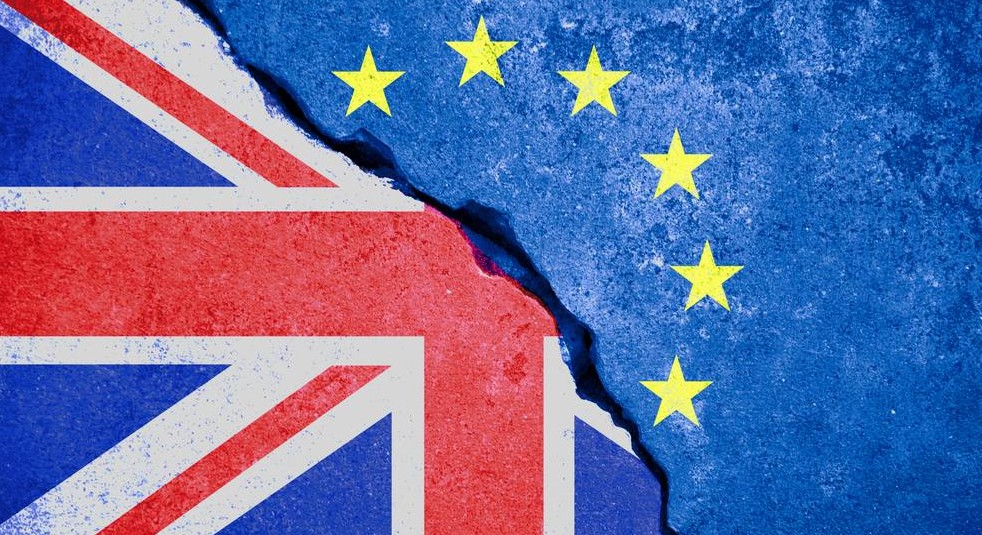In May, the UK published its new tariff schedule, which will apply from 1 January 2021 if a deal is not agreed. Under the schedule, 85% of foods imported from the EU will face tariffs of more than 5%. The average tariff on food imported from the EU would be over 20%. This includes 48% on beef mince, 16% on cucumbers, 12% on oranges, 10% on lettuce, and 57% on cheddar cheese.
January also poses many challenges for seasonal produce, with a much higher proportion of fruits and vegetables imported from the EU compared to June. For example, the UK sources 85% of its tomatoes from the EU in January, falling to just 30% by June, during the UK growing season. Checks and delays at the border could result in some of these products reaching UK customers with a shorter shelf-life.
The BRC has long been calling for a zero-tariff zero-quota trade deal between the UK and EU under its “Fair Deal for Consumers” campaign. With coronavirus affecting the livelihoods of millions of people in the UK, many households can ill afford higher prices for their weekly food shop.
Andrew Opie, director of food and sustainability at the BRC, said: “With just weeks to go, it is alarming that there has still been no deal agreed with the EU, putting customers in line for a £3bn tariff bombshell. Currently, four-fifths of UK food imports come from the EU and without a tariff-free deal, supermarkets and their customers face over £3bn in tariffs from 2021. Furthermore, retailers will need time to implement the aspects of any deal, and the ongoing uncertainty surrounding the new checks and red tape that will apply from 1 January will create disruption in the supply of many goods.
“Retailers have spent huge amounts of time and money preparing ahead of 1 January – increasing the stock of tins, toilet rolls and other longer life products as part of their planning for a no-deal Brexit, so there will be sufficient supply of essential products. They have also been building new customs and VAT processes, working with suppliers to ease logistics, and more – but with so many unknowns, some disruption for consumers and businesses is inevitable.
“Retailers are doing everything they can in time for 1 January, but no amount of preparation for retailers can entirely prevent disruption to food and other essential goods that come from or through the EU. With negotiations entering the 11th hour, protecting UK and EU consumers from billions in tariffs must be the top priority.”
 Talking Retail Grocery and product news for independent retailers
Talking Retail Grocery and product news for independent retailers






